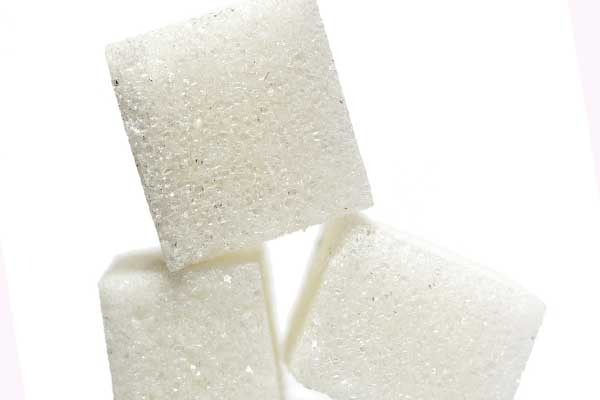[vc_row][vc_column][vc_toggle title=”Q. What is it?” custom_font_container=”tag:h1|text_align:left” use_custom_heading=”true”]A. The sugar tax is a tax on sugar sweetened non-alcoholic drinks.[/vc_toggle][vc_toggle title=”Q. When does it come into being?” use_custom_heading=”true”]A. The commencement date is Tuesday 1st May 2018[/vc_toggle][vc_toggle title=”Q. Does it apply to alcohol drinks?” use_custom_heading=”true”]A. The sugar tax does not apply to alcoholic drinks.[/vc_toggle][vc_toggle title=”Q. How does it work?” use_custom_heading=”true”]A. The sugar tax is based on the amount of added sugar in a product. There is a differentiation between natural sugars and added sugar. This need not be a consideration for publicans as the differentiation is made by the manufacturer and the supplier.[/vc_toggle][vc_toggle title=”Q. What effect does it have on me as a publican?” use_custom_heading=”true”]A. Suppliers of these products may decide to increase the price of their products to you as a result of the imposition of this tax. If they do so, they will advise you well in advance of such increases.[/vc_toggle][vc_toggle title=”Q. Are there other implications for me as a publican?” use_custom_heading=”true”]A. Probably the biggest implication is that most suppliers will have two variations of the same product coming into you at different prices. For example, there is a possibility, if not a probability, that a slim line tonic may be coming in at a different price to a regular tonic.
There will be an expectation from the regulatory authorities that there would be a differentiation in price to the end consumer as this is the basis of the reasoning behind the tax in the first place. That may have implications where there is currently only one button on a till for such mixers.[/vc_toggle][/vc_column][/vc_row]


